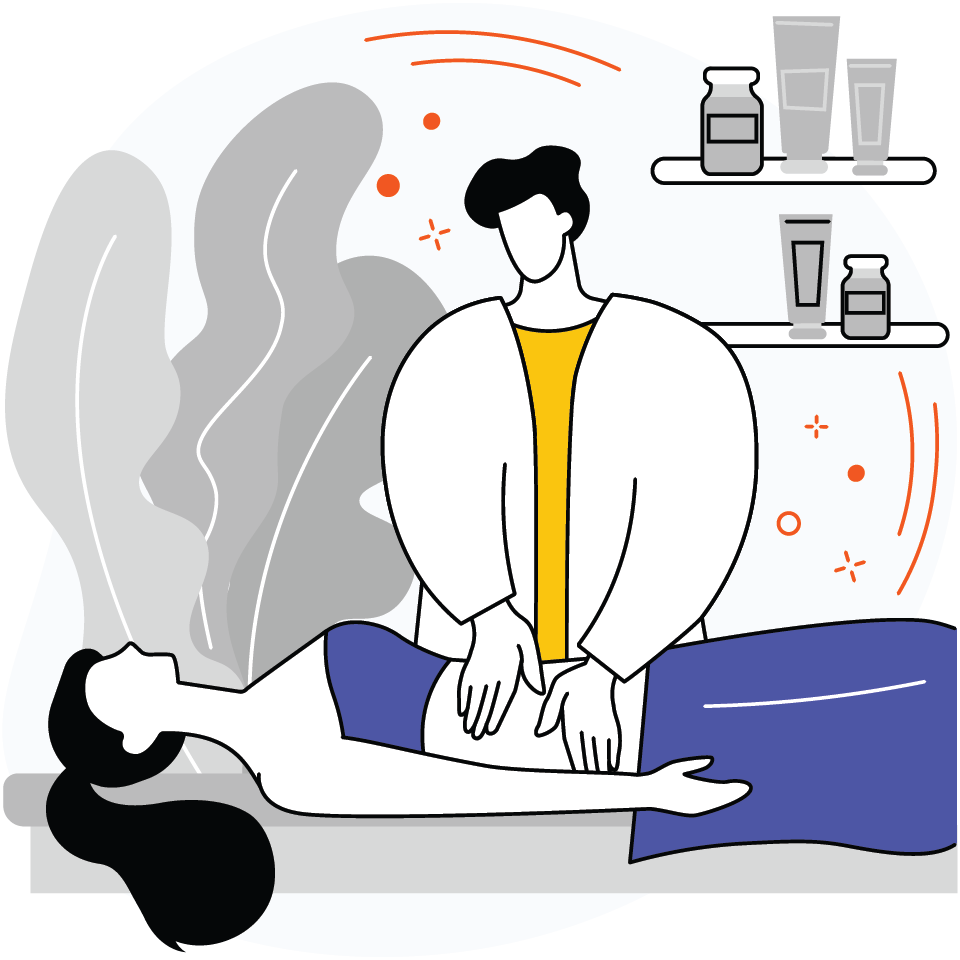Provides comprehensive coverage against various risks, including malpractice claims, property damage, cyber threats, and liability concerns, safeguarding their practice and financial assets.

Allied health professionals need business insurance to protect themselves and their practice from potential financial losses and legal liabilities. Business insurance provides coverage for risks such as malpractice claims, property damage, cyberattacks, and general liability issues. It safeguards their professional reputation and assets.
For Allied Health Professionals, several types of insurance coverage are recommended to mitigate risks and protect their practice. Here are the key types of insurance coverage typically recommended:
This is crucial for Allied Health Professionals as it provides protection in case of alleged negligence, errors, or omissions in their professional services. It covers legal defense costs, settlements, or judgments arising from malpractice claims.
This coverage protects against third-party claims for bodily injury, property damage, or personal injury that may occur on the premises of the practice. It covers legal expenses and potential damages resulting from accidents or incidents, such as slips and falls.
Important if healthcare products or medical equipment are used or sold, this insurance covers claims related to injuries or damages caused by these products.
This coverage protects the physical assets of the practice, including the building, equipment, supplies, and inventory, against perils like fire, theft, vandalism, or natural disasters. It ensures the ability to replace or repair essential property in case of damage or loss.
If there are employees working within the practice, workers’ compensation insurance is typically required by law. It provides coverage for medical expenses, lost wages, and disability benefits if an employee suffers a work-related injury or illness.
With electronic health records, the risk of data breaches or cyberattacks has increased. It covers the costs associated with data breaches, including forensic investigations, notification expenses, and potential liability arising from the unauthorized access or disclosure of patient information.
This coverage helps mitigate financial losses in case the practice is unable to operate temporarily due to a covered event, such as a fire or natural disaster. It covers lost income and ongoing expenses during the recovery period.
Imagine an Allied Health Professional, such as a physical therapist, is providing treatment to a patient for a musculoskeletal condition. Despite following standard protocols and best practices, the patient alleges that the therapist’s actions caused further injury or worsened their condition. In such a case, having professional liability insurance would be crucial. The insurance would cover legal expenses, such as hiring a lawyer and expert witnesses, and potential settlements or damages awarded to the patient if the claim is found valid.
In today’s digital era, Allied Health Professionals handle electronic health records and sensitive patient information. Suppose a cybercriminal gains unauthorized access to a therapist’s computer system and steals patient data, resulting in potential identity theft and privacy violations. Cyber liability insurance would be vital in this scenario. It would cover the costs associated with investigating the breach, notifying affected patients, offering credit monitoring services, and potential legal liabilities resulting from the data breach.
Let’s say an Occupational Therapist operates a clinic and a patient slips and falls in the waiting area, sustaining injuries. The patient holds the therapist responsible for inadequate maintenance or negligence in ensuring a safe environment. Public liability insurance would come into play here. It would cover the legal costs to defend against the claim, as well as any settlement or damages awarded to the injured patient, up to the policy limits.
We will match the ideal insurance partner to you.
